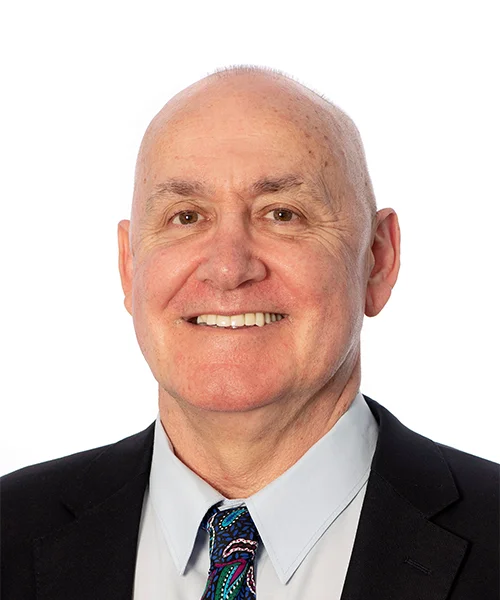We spoke to Kate McLaren, Family Services Manager, about Dunlea Centre’s program which helps more than 50 young people every year.
Q: What is Dunlea’s philosophy and approach?
A: We guide young people in the right direction by teaching them skills to make better decisions. We understand that their situation and traumatic background is not their fault, and we empower them to create a positive future.
Q: How are classes at Dunlea different from mainstream schools?
A: They get more one-on-one focus; each unit has one classroom and one teacher, which makes a huge difference. The kids develop a sense of trust, belonging and comfort. Also we don’t have things like uniforms or homework diaries; we are more relaxed. It’s a family environment; we help them develop independent living skills such as how to brush their teeth and wash their clothes.
Q: How do you help kids transition back into mainstream school?
A: We teach them how to show respect, manage their emotions, follow rules, negotiate, and talk to people without getting immediately frustrated. For kids that do go back into mainstream school we implement a slow transition support program.
Q: How do students respond to the Dunlea program?
A: They become more comfortable and less on edge. The kids arrive with high levels of anxiety and frustration because their traumatic background has had an effect on the way they think. Our professionals read the signs of frustration and help them manage their emotions.
Q: What support is given to families?
A: Families are fully involved in the program. The kids go home with goals at the weekend, and the parents set goals as well. Counselling every fortnight provides new strategies to improve their parenting skills.
Q: Can you tell me about parent/carer and teacher relationships?
A: Teachers build really close relationships with parents and carers. The families are vulnerable, they admit their mistakes and ask for help. Many of these relationships with parents and kids are really damaged, and require a lot of hard work.
Q: What’s it like for a young person to start the Dunlea program?
A: It’s always a challenge, most kids will be nervous and many suffer from anxiety, depression and PTSD. What we’re asking of them is huge: to move out of home for four days a week at only 12 to 16 years old.
Q: How would you describe a successful transition for kids from the program?
A: When the kids become kids again, start having fun, gain confidence and stop worrying about having to solve adult problems.
Q: Can you think of examples where kids are using the skills they’ve learned at Dunlea?
A: Kids update us regularly on their news at school, TAFE or employment. One kid just secured a full time apprenticeship with a greenkeeper, which is exciting as he really wanted to do that, and was not employable prior to Dunlea. One of our older boys is really successful, and has spoken to the kids about his life and what he got out of his time at Dunlea.
Q: What are some of the positive things you’ve heard about the program?
A: Our patience, how we never give up on the kids and their families, and how we help parents reconnect to their kids.



